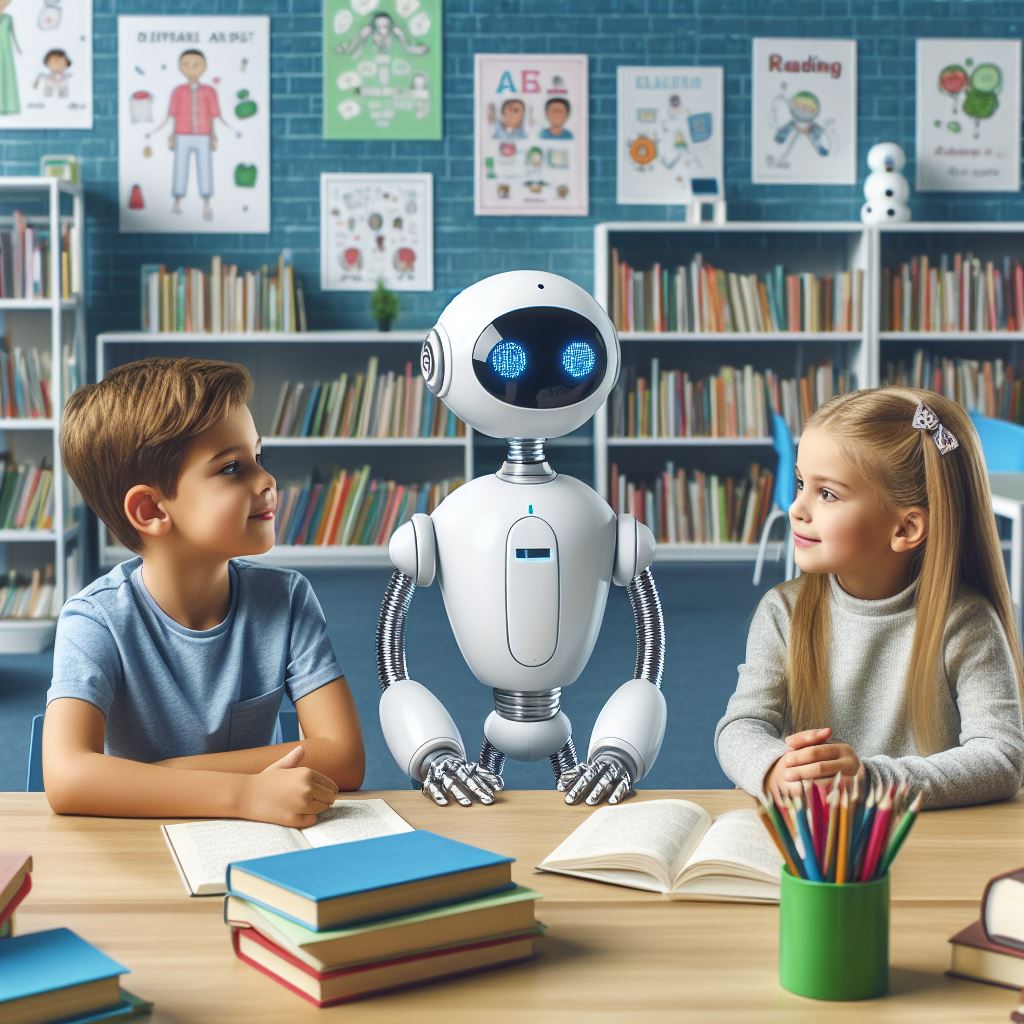Ask Arthur
Ask Arthur: Should my children be learning AI?
A reader asks if their children will fall behind by being blocked from using artificial intelligence in the classroom. ARTHUR GOLDSTUCK gets advice from experts.
Q: I keep reading warnings that artificial intelligence is dangerous in the classroom, and teachers will penalise my kids if they use generative AIs like ChatGPT. But then I am scared they will fall behind. Should they be learning AI?
A: You would probably say I’m biased, since my book on the topic was recently launched, but ask any expert, and they will tell you that AI can transform education.
We received advice from Angela Schaerer, digital transformation manager at independent school provider Curro Holdings: “Our mission is to empower learners with the skills they need to thrive, and that includes using AI. AI technology has already been integrated into various platforms that learners use daily, like Google search, Microsoft’s translation, transcripts, chatbots and autocorrect, as well as social media translation tools. Just as preventing learners from using Google for research was an impractical idea a few years ago, avoiding or blocking ChatGPT doesn’t make sense now.”
The main argument against generative AI, that it encourages cheating, misses the point, she says. Blocking the use of AI tools will not stop plagiarism and cheating, and the responsibility of getting learners to use ChatGPT and similar tools for support and not to cheat lies with teachers and parents.
“Teachers especially play a crucial role in ensuring that learners process and synthesise information effectively, regardless of whether they were inspired by generative AI,” she says. “We need to keep educating ourselves about new technologies as they continue to revolutionise the world, and consider how to harness their value while managing their inappropriate use. A lack of understanding and training of the tools will make it difficult for a parent or teacher to manage use appropriately or be able to monitor use by children or learners.”
Brian Sathianathan, co-founder of Iterate.ai, which has created a generative AI coding model called Interplay-AppCoder, aimed at business productivity, agrees that there is a tremendous opportunity for educators to harness generative AI as a powerful ally in the classroom.
“In the face of mounting challenges, educators find themselves at the frontline of an often overwhelming and overworked profession. The demands of crafting personalised lesson plans, addressing diverse learning needs, and managing administrative tasks can leave teachers stretched thin. Enter generative AI, an invaluable ally that extends a helping hand to alleviate these burdens. By automating routine tasks and providing tools for personalised learning experiences, generative AI becomes a force multiplier for teachers. It allows educators to reclaim precious time, enabling them to invest more deeply in the mentorship, creativity, and individualised guidance that are essential components of a rich and effective education.”
Not that this is all about the teacher, and not about the child. But imagine: if AI can make the teacher so much better at teaching, it can make the children so much better at learning.
As Schaerer says, educators need to ensure that learners still have the opportunity and ability to retain knowledge, develop skills and are able to apply these to new contexts or to create something new: “This is what will be expected of them as critical thinkers, problem-solvers and divergent thinkers contributing to society and solving problems in our ever-changing world.”

















